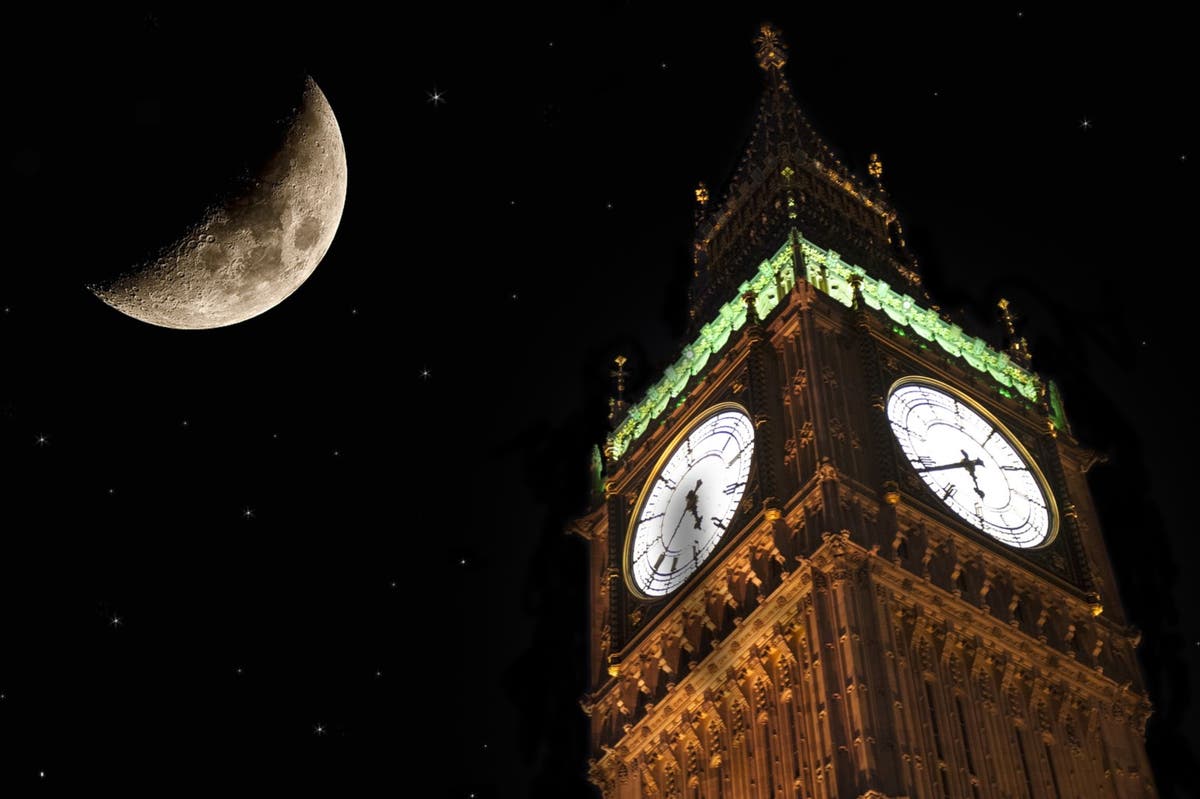Coordinated Lunar Time (LTC) needed due to differing gravitational forces
Nasa is working to create a new standard of time for the Moon that will see clocks move faster than on Earth, according to a White House memo.
The US Office of Science and Technology Policy (OSTP) directed the US space agency to set up a moon-centric time reference system that accounts for its differing gravitational forces.
In a memo on Tuesday, OSTP chief Arati Prabhakar noted that Earth-based clocks would appear to lose 58.7 microseconds per Earth-day as a result of these factors.
Nasa has until 2026 to set up a unified time standard, which Ms Prabhakar referred to as Coordinated Lunar Time (LTC). It will then be used by astronauts, spacecraft and satellites that require highly accurate timekeeping.



We do, GMT.
This is a relativistic correction. Time on the moon runs very slightly faster than time on earth. This means that time on the moon will drift ahead of time on earth. By using a slightly longer second, lunar time will stay in sync with earth time.
Earth sees lunar seconds as too fast. The moon sees earth seconds as too long. Both are completely true. (Welcome to relativity)
For those that didn’t take physics classes, or forgot.
In short, and oversimplified, the closer you are to a gravity source, the slower time passes for you.
The moon’s location at X distance from center of the earth, versus the distance from the surface of the earth to the center of the earth, is enough to be quickly noticeable.
Fun fact, I believe that GPS satellites must also account for this (given that they are just fancy time measuring triangulation machines) and they are extremely close to the center of the earth, compared to the moon.